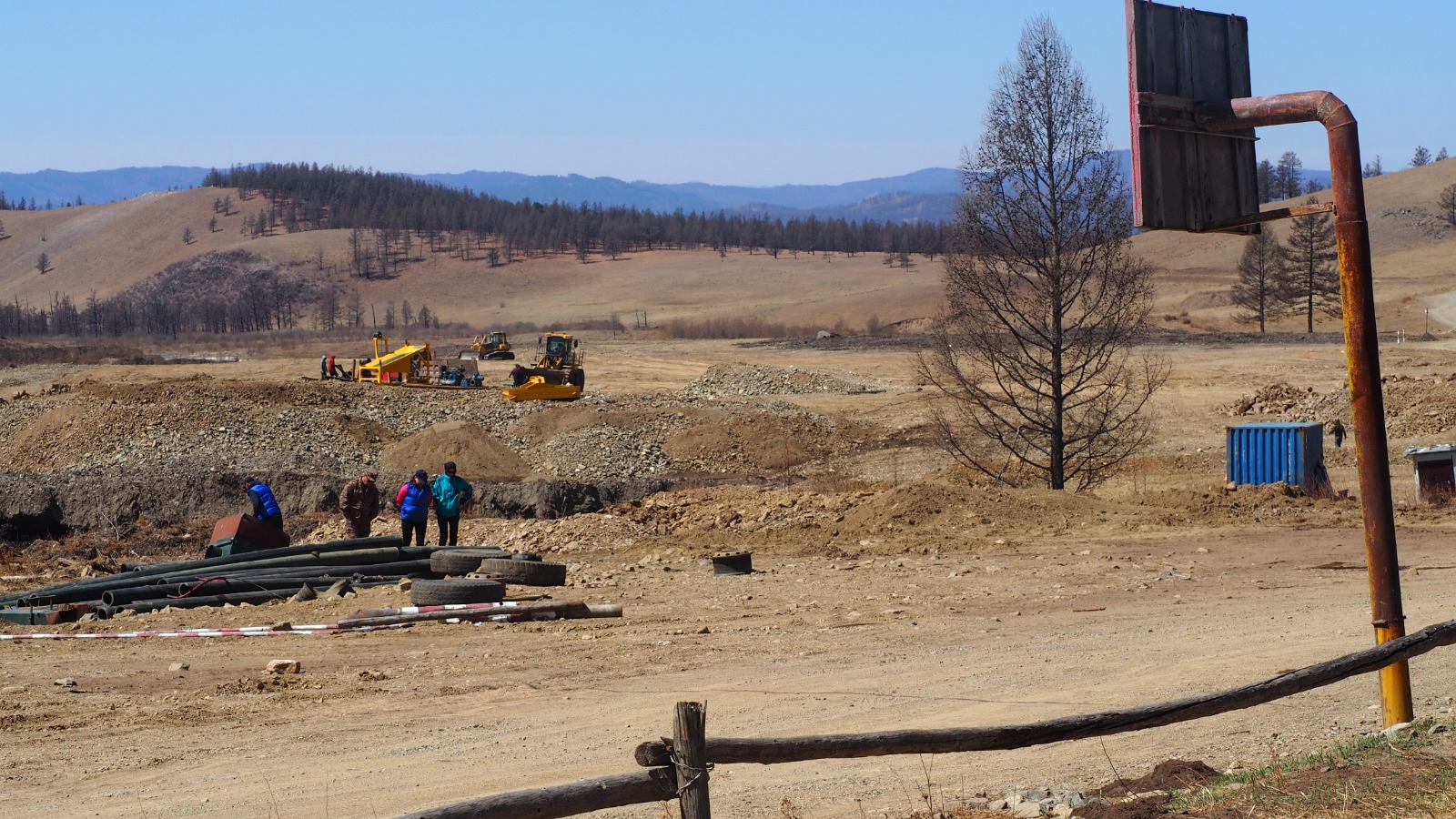Statement of the Asia-Pacific Gathering on Human Rights and Extractives
During the ASEAN Civil Society Conference/ASEAN Peoples Forum (ACSC/APF) 2019
12 Sept 2019 – Bangkok, Thailand
We are communities and organizations all over the Asia-Pacific region who have come together to pursue protection and fulfillment of human rights and challenge destruct I’ve mining projects and the extractivist economy. We represent farmers, fishermen, indigenous peoples, women, forest-dependent communities, academe, faith-based groups, development partners and non-governmental organisations (NGOs).
Several of our members and partners participated in ACSC/APF 2019 in Bangkok, Thailand and have engaged in discussions, workshops and meetings that discuss pressing issues of human rights violations, ongoing delegitimization of the work of human rights defenders, negative impacts of business activities to human rights and the urgent need for corporate accountability, among others.
Contributing in these ACSC/APF activities, we have given our perspectives, shared our experiences, and presented our analyses and recommendations around our concerns on trade, investments, corporate accountability and the need to re-claim and assert people’s sovereignty and ensure our fundamental freedoms and human rights.
Increasingly concerned, we recognize the intensifying threats, risks and security issues that our leaders and community organizations face, as we resist the entry and expansion of extractive projects like mining, oil, gas, quarrying and plantation projects. This is largely because of the increasing priority that ASEAN has given to business and investments through the Regional Comprehensive Economic Partnership (RCEP) and other trade agreements. At the same time, ASEAN has not delivered on the promise embedded in the ASEAN Intergovernment Commission on Human Rights (AICHR).
The potential of the United Nations Guiding Principles on Business and Human Rights remains to be elusive, as some ASEAN Member States (AMS) are in the process of, or have not even initiated their intent to craft their own National Action Plan (NAP). This is happening in the context of shrinking space for effective and meaningful engagement of communities and civil society organizations to engage their governments and investors to resolve social acceptability and address the issues identified in various impact assessments.
Essentially, the promise of UNGPs/BHR to address human rights abuses linked to business activities has not been achieved. In fact, Asia and ASEAN countries continue to be a deadly place for environmental rights defenders to operate, with the increasing recorded killings, threats and harassment cases documented by international groups.
Meanwhile, global efforts to hold corporations accountable have been stalled, with the challenging situation in the UN working group to negotiate a binding treaty for transnational corporations.
With these developments, we affirm our collective commitment to become an effective platform of solidarity among Asia-Pacific peoples to challenge corporations that destroy our environment. We believe that ACSC/APF is an important channel to hold ASEAN governments accountable to deliver their duty to protect and fulfill our human rights.
As we offer our solidarity to ACSC and APF, we promise to sustain these commitments and mobilize our members and partners in ASEAN to engage, both constructively and vigilantly, our governments.
We deliver the following messages to ASEAN governments:
- Ensure that the ASEAN Intergovernmental Commission on Human Rights (AICHR) evolves into a functional and meaningful mechanism to protect, fulfill and promote all human rights of all peoples in ASEAN;
- Concretely move forward and fast-track the roll-out or implementation of the UNGPs on Business and Human Rights, particularly the adoption of National Action Plans (NAPs);
- Continue and pursue the negotiations for a legally binding treaty to hold transnational corporations (TNCs) accountable, especially for mining and extractive TNCs, for their human rights obligations;
- Resolve immediately, in favor of affected communities, the many conflicts and issues brought by mining and extractive companies in various ASEAN countries. The resistance of local communities reflects the destruction and negative impacts of these extractive projects, and ASEAN governments must listen and act to these peoples struggles;
- ASEAN governments to conduct Human Rights Impact Assessment before ratifying RCEP and other trade and investment agreements which further expands the exploitation and destruction of natural resources, and protects investor rights through the Investor-State Dispute Settlement (ISDS) mechanism. We call on ASEAN states not to ratify any agreement that will potentially violate human rights; and
- ASEAN governments must deliver climate justice. ASEAN countries belong to the most vulnerable regions that will suffer the impacts of climate change, and stopping these destructive mining and extractive projects is a necessary step to achieve climate justice;
For the Asia-Pacific Gathering on Human Rights and Extractives:
AID/WATCH
Asian Task Force on Binding Treaty
Alyansa Tigil Mina (ATM)
Auriga
Center for Energy, Ecology & Development (CEED)
Deep Sea Mining Campaign (DSMC)
Focus on the Global South
FORUM-ASIA
Franciscans International (FI)
Indigenous Perspectives (IP)
Indonesia for Global Justice (IGJ)
Jaringan Advokasi Tambang (JATAM)
Kesatuan Nelayan Tradisional Indonesia(KNTI)
Kesatuan Perjuangan Rakyat (KPR)
Koalisi Rakyat Untuk Hak Atas (KRUHA)
Koalisi Rakyat Untuk Keadilan Perikana(KIARA)
LILAK-Purple Action for Indigenous Women
Mining Watch Canada (MWC)
Philippine Misereor Partnerhsip, Inc. (PMPI)
Task Force Detainees of the Philippines (TFDP)
Yes to Life No to Mining (YLNM)
***
For a PDF file of this statement, click here



